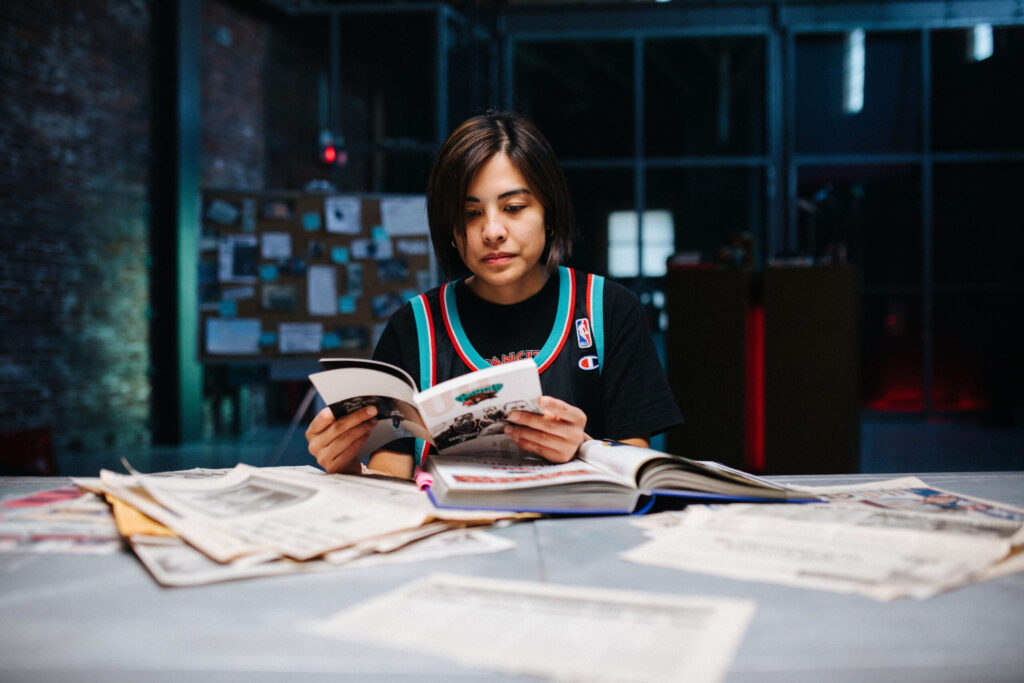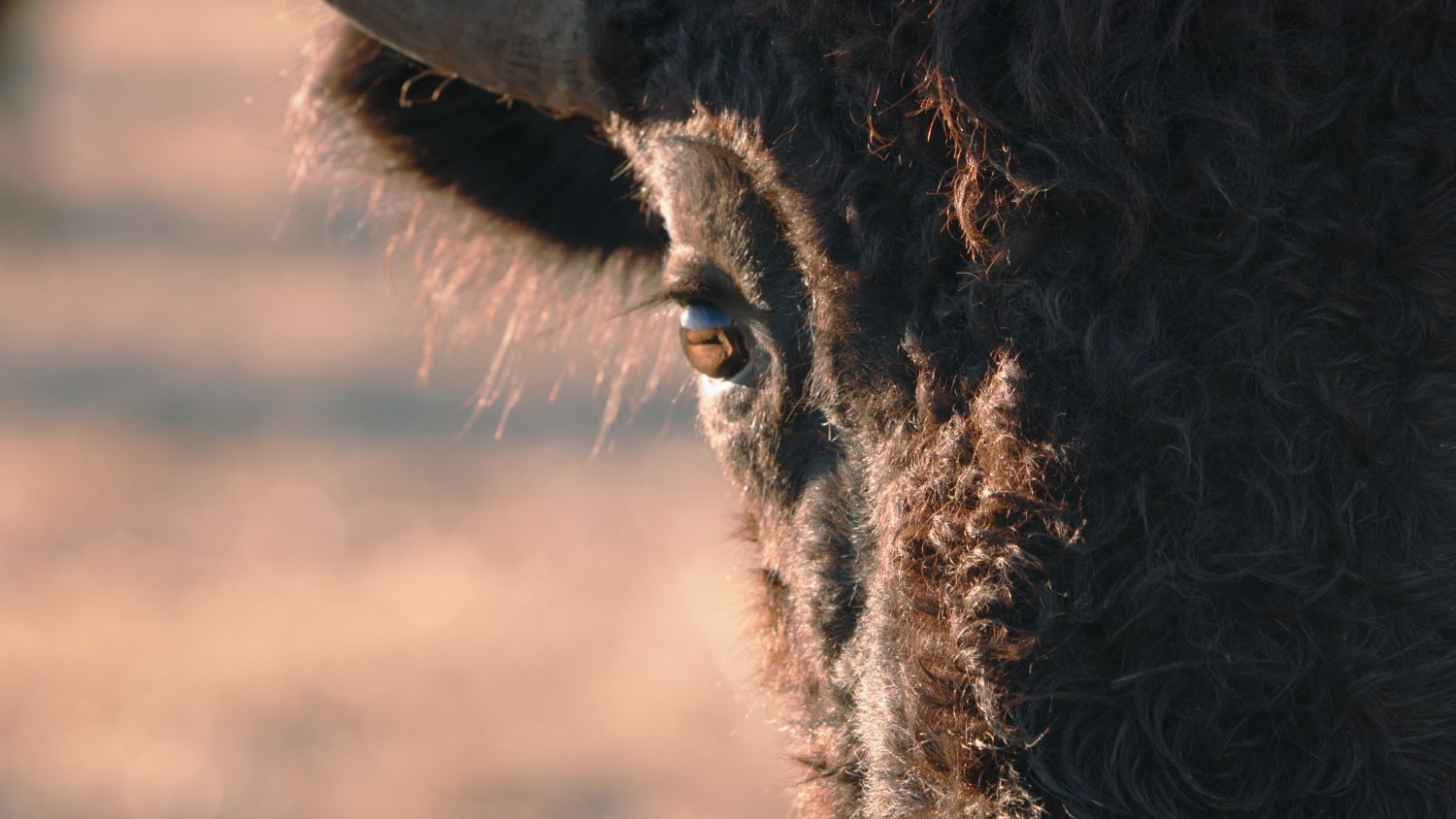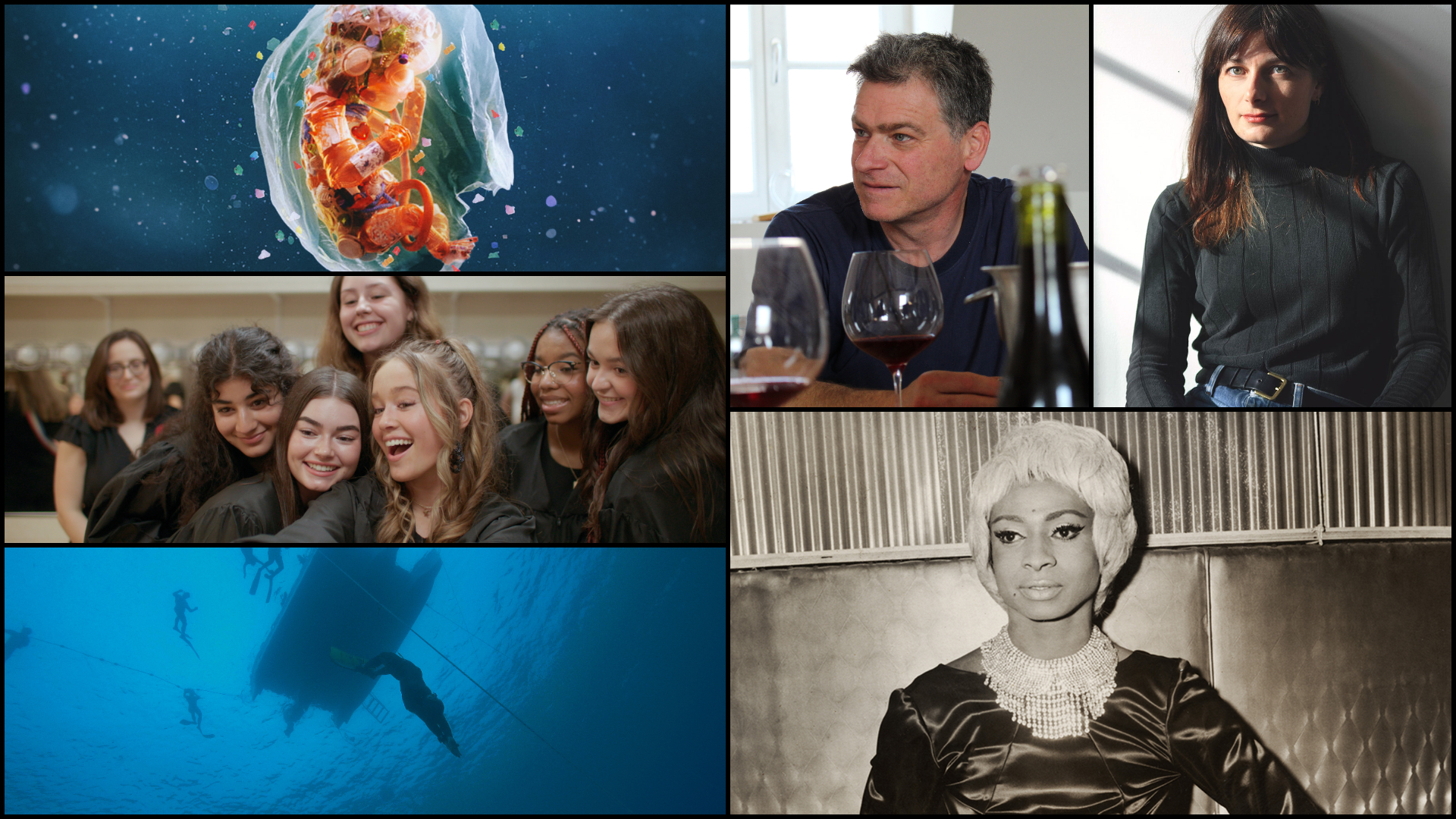“I take documenting things to the extreme,” says Vancouver-based filmmaker Kat Jayme, director of documentaries like The Grizzlie Truth and I’m Just Here for the Riot. “I don’t just document things through film and photos. I write things down. I can tell you what I did every day since I was in grade 8.”
The practice of documenting both in images and writing is one that Jayme inherited from her grandfather, Danilo Santiago. He, too, kept journals of what he did each day. Being a filmmaker himself, he always had a movie or still camera on hand.
“There’s probably a photo taken of every family dinner, which happened every day,” she reflects, laughing. Over the two years since his death, Jayme has been chipping away at her grandfather’s archives, digitizing as much as she can of the photographs, VHS tapes, 8mm tapes, Beta tapes, and thousands of film negatives that he left behind. Though she wants everything digitized, she cannot fathom throwing away the physical artefacts of her grandfather’s memories and family history.
Despite his near compulsion for recording everyday life, Danilo was a narrative filmmaker. In fact, he was one of many filmmakers and producers in his family. His sister Digna was a successful filmmaker and producer in the Philippines, eventually taking over the family film-studio business, while his brother, Cirio, became the most renowned filmmaker of the three siblings. Notably, Cirio collaborated on and produced numerous films for prolific B-movie director Roger Corman. Their father Ciriaco Santiago founded Premiere Productions in 1946, one of three major studios in the Philippines, which specialized in action and war movies. Jayme remembers visiting the Philippines for vacation early in her career and sharing with the locals that she was a filmmaker. “It’s in your blood,” they all told her.
After graduating from the University of British Columbia, Jayme returned to the Philippines to make her first documentary post-film school, Paradise Island (2015). In the film, she visits her family’s favourite vacation destination, Boracay, a popular tourist beach town. Through developing relationships with the local children, who make sandcastles on the beach for money, she is struck by the discrepancy between the lives of the tourists and those of the locals, examining the disparity and the interdependencies between the two populations, as well as the effects of the tourism industry on the island’s ecology.
As a young Vancouverite, Jayme asked herself how she could access American executives. In 2009, ESPN came out with a documentary series called 30 for 30 to celebrate 30 years of being on air. 30 different filmmakers made hour-long films highlighting the biggest stories that came out of ESPN’s time on air. One of her favourite 30 for 30s was a short film called Jake (2012) about children’s sports author Alfred Slote. Trying her luck, Kat sent a lengthy email to Jake’s director Jonathan Hock, and he became an important mentor to her.
Jayme was in the process of making Finding Big Country (2018), the story of polarizing Vancouver Grizzlies NBA star Bryant “Big Country” Reeves, when she left her position at the National Film Board in 2016. She told Hock that she was ready to make a pitch. Within 30 minutes, she was on the phone with the director of development for ESPN’s 30 for 30. Thrillingly, ESPN picked up the film (although not for a 30 for 30), which marked the first of several projects Jayme has done with the network.
“You’re always battling against American stories, or Hollywood stories,” Jayme says. “But I’m definitely excited to put Canadian stories on the map, specifically Vancouver stories.” Jayme’s next project will be a hybrid documentary, as she feels she can mine a personal story from her great-uncle’s narratives. “So, you see,” she says, “even when I want to make a narrative, there’s still a personal element of documentary to it.”











